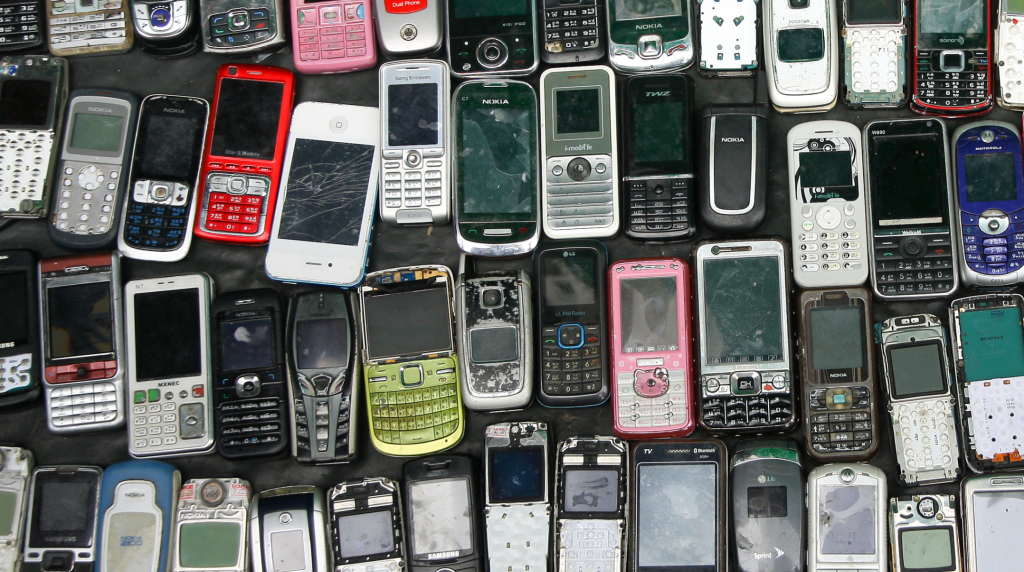
Managing e-waste and building a circular economy to eliminate it
ITU is very active in tackling the challenges of e-waste at the global, regional and national level, working on key aspects that will make the circular economy work for electronics and e-waste – data collection, policy improvement, regulatory development, standards and partnership building.
Building circular economies for e-waste around the world
Through its e-waste policy and data programme ITU has helped nine countries become more circular economies: Botswana, Burundi, Dominican Republic, Gambia, Malawi, Namibia, Niger, Rwanda, and Uzbekistan.
In close cooperation with the UN Environment Programme, over 300 individuals from these countries were consulted – including public and private sector actors, civil society, ICT ministries, ICT regulators, ministries of environment and environment agencies, customs, industry and trade departments and municipalities. Results included the finalization of national e-waste regulation in Dominican Republic and revision of the Extended Producer Responsibility Framework for the management of e-waste in Rwanda.
An additional six countries in East Africa (Burundi, Kenya, Rwanda, South Sudan, Tanzania, and Uganda) received extensive support in improving the quality, collection process and interpretation of e-waste data – so critical in setting and assessing targets, in tracking progress, in identifying best practices and in addressing the e-waste challenge.
Other activities on e-waste
- e-learning courses, including E-waste Policy Development (170 people registered in 2022 and 293 people registered thus far in 2023), and Deep Dive into the Extended Producer Responsibility, developed and launched in 2023 (96 people registered).
- Documents and standards, including an ITU thought paper – Global and Complementary Actions for Electronics Extended Producer Responsibility; a Circular and Sustainable Public Procurement Guide for ICTs; and a new standard on circular public procurement of information and communication technologies.
